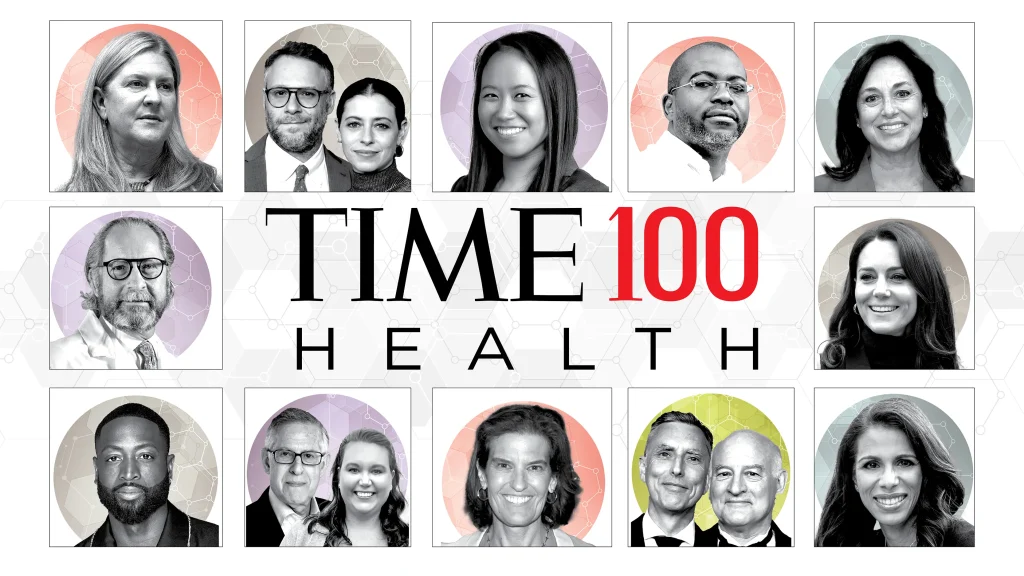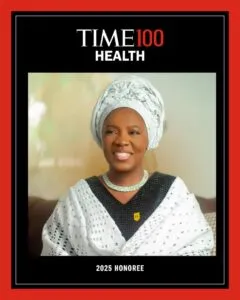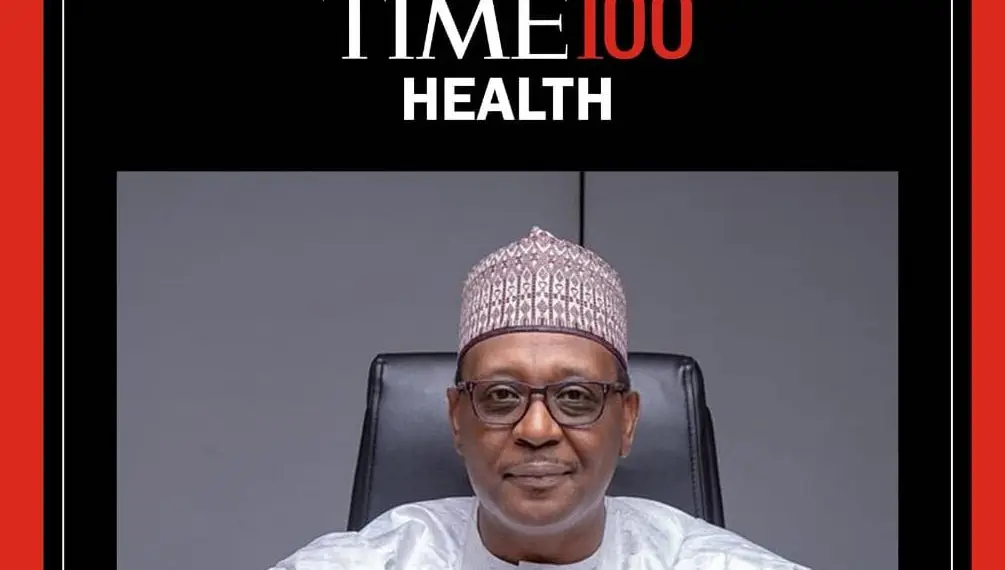By Muhammad Amaan
The Coordinating Minister of Health and Social Welfare, Professor Muhammadi Ali Pate, and two other Nigerian health experts are among the list of 100 Most Influential People in Global Health, released by Time Magazine on Thursday.
Information obtained from the Time website showed that Pate made the list for shaping Nigeria’s health systems, a Director at the Federal Ministry of Health and Social Welfare, Ladidi Kuluwa Bako-Aiyegbusi, was listed for her roles in nutrition and fortifying a staple food, while Mrs Abasi Ene Obong was listed for expanding genetics.
The Time said Nigeria has long endured high rates of infectious disease and maternal and child mortality, and that Prof. Pate has encountered some Nigerians still resisting the polio vaccine.
The Time said, “But he’s worked to understand how local realities like malaria outbreaks can make vaccinations challenging, partly by overwhelming health systems. Pate’s melding of global lessons with his sensitivity to on-the-ground context is leading to success. His initiatives have vaccinated over 12 million girls against the human papillomavirus since October 2023.

“Meanwhile, by marshalling resources across Nigeria’s 36 states and securing national and developmental partner funding, he’s upgraded more than 900 primary health care centres this past year, which have served 12 million people. His “Know Your Numbers” campaign has measured blood pressure, glucose, and cholesterol for 10 million Nigerians. A healthier population will fuel Nigeria’s economy.”
It quoted Pate as saying, “Our population cannot afford to get sick. It will shape growth, prosperity and a new direction for every community and vulnerable child.”
Reacting to the development on Thursday, Prof. Pate said, “Backed by the visionary and bold leadership of President Bola Ahmed Tinubu, I am deeply honoured to share that Nigeria’s ongoing health sector reform, under the Health Sector Renewal Investment Initiative has received global recognition, as I have been named to TIME’s list of the 100 Most Influential People in Global Health, released today.
“Proud to also have been named along with the Director of Nutrition in the Federal Ministry of Health and Social Welfare, Dr Ladidi K. Bako-Aiyegbusi.”
Dr Bako-Aiyegbusi, director-head of the nutrition department of the Federal Ministry of Health and Social Welfare, was listed for her efforts to address malnutrition in children under five in Nigeria.
“Working with Nigeria’s Agency for Food and Drug Administration and Control (NAFDAC), as well as companies in the private sector, she oversees an innovative programme that takes a common staple of many Nigerian kitchens—bouillon cubes—and fortifies them with micronutrients to nourish children even if they can’t always get enough to eat.

“The cubes are boosted with everything from iron, vitamin B12, and folic acid to zinc. Even if families can’t afford protein and fresh vegetables, they can afford the much less expensive bouillon, and Bako-Aiyegbusi hopes to see rates of malnutrition, stunting, and developmental disorders related to malnutrition start to decline,” it said.
The Time also said Abasi Ene-Obong, founder and CEO of the global genomics company Syndicate Bio thinks genetic testing in Africa is the most pressing issue in health care today.
He is driven to change that structure with the goal of conducting millions of genetics tests in Africa—and has partnered with governments, companies, and hospitals to do exactly that. Testing has taken place over the past year as part of research, and this summer, Syndicate Bio will offer genetics tests that evaluate a person’s risk for cancer to the public at a relatively affordable price point.
Africa makes up nearly 20% of the global population, yet only a tiny fraction of genetics data comes from this continent. As a result, the best biomarkers to identify cancer risk remain unclear, and new treatments don’t account for African genetics.
“Many of today’s cancer drugs are based on clinical trials that didn’t involve African populations,” Ene-Obong says—a lack of representation that likely contributes to people of African ancestry dying of cancers such as liver and colorectal at higher rates than Caucasians, even when controlling for socioeconomic status.
The Time said his efforts are enabling greater understanding of disease-causing variants in people around the world. “It will drive precision medicine for all.”




